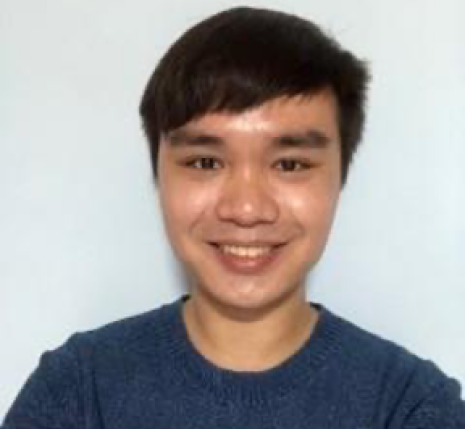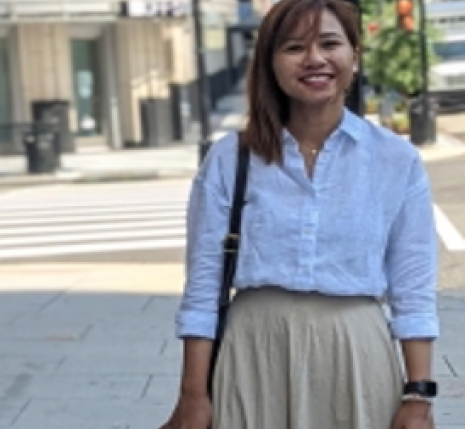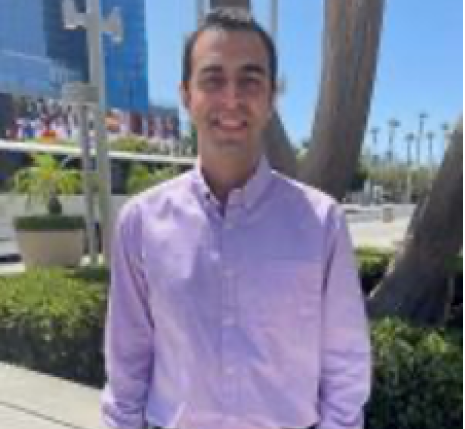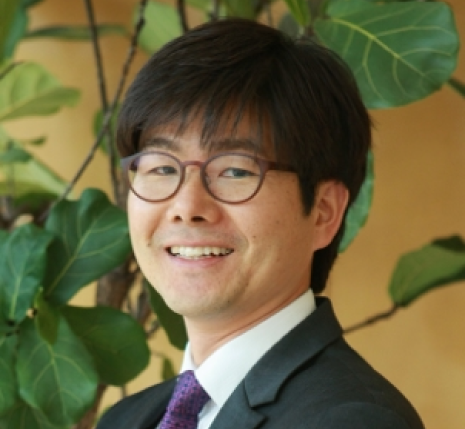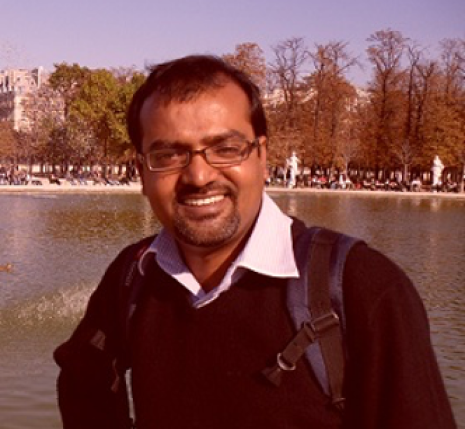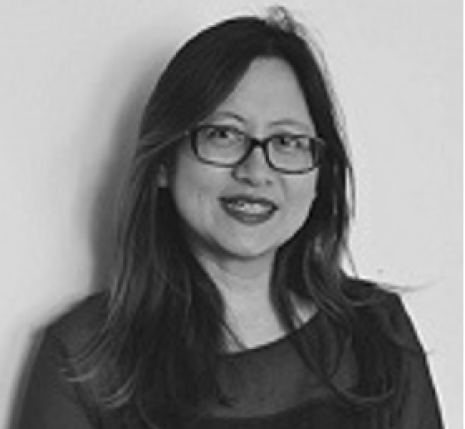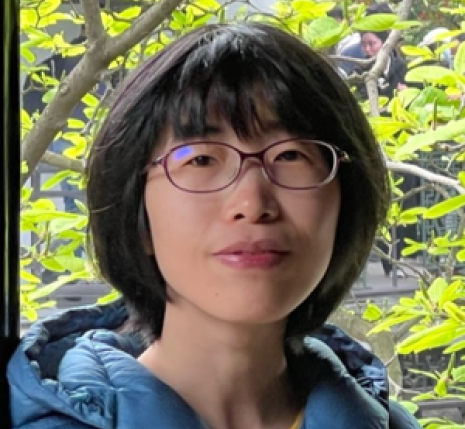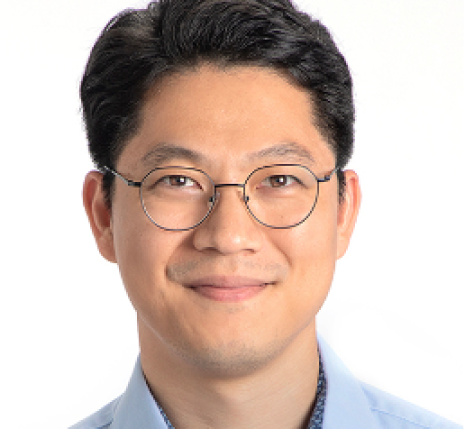Graduate Students and Alumni
Graduate Students and Alumni
Our graduate students hail from different countries in and beyond Asia

Publications
Our graduate students are hardworking, passionate, and productive with stellar records of publications and conference attendance. Their works are published in reputable academic journals in Sociology and Anthropology, including SSM-Qualitative Research in Health, Modern China, HAU: Journal of Ethnographic Theory, Journal of Current Southeast Asian Affairs, Sojourn: Journal of Social Issues in Southeast Asia, Journal of Business Anthropology, Contemporary Islam, Social Science & Medicine, Journal of Aging and Health, LGBT Health, China Quarterly, Gender & Society, and Chinese Sociological Review.
Academic Conferences
Besides formal publications, graduate students in our department also actively participate in academic conferences, usually with the financial support from NUS on a competitive basis.
Conference attendance is important in gaining visibility and impact for graduate students’ work, and also to provide constructive comments regarding the direction of development. Our students participated in a variety of conferences, both at the international and regional levels, and covering different fields of studies.
Conferences that our graduate students attended include professional meetings of the Population Association of America, the British Sociological Association, Association for Asian Studies (AAS)-in-Asia; the International Sociological Association, the American Anthropological Association, the Australian Sociological Association Conference, the Asian Population Association International Conference, the Gender and Education Association, Association for the Sociology of Religion Annual Meeting, amongst others.
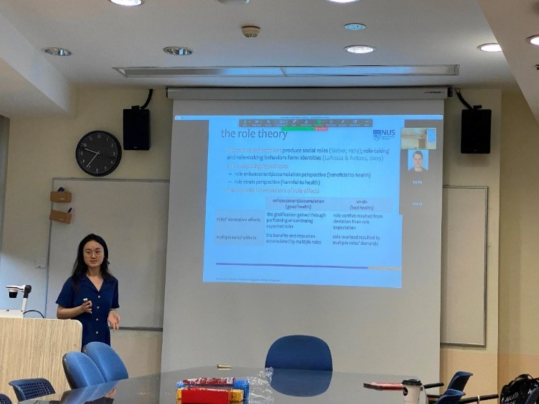
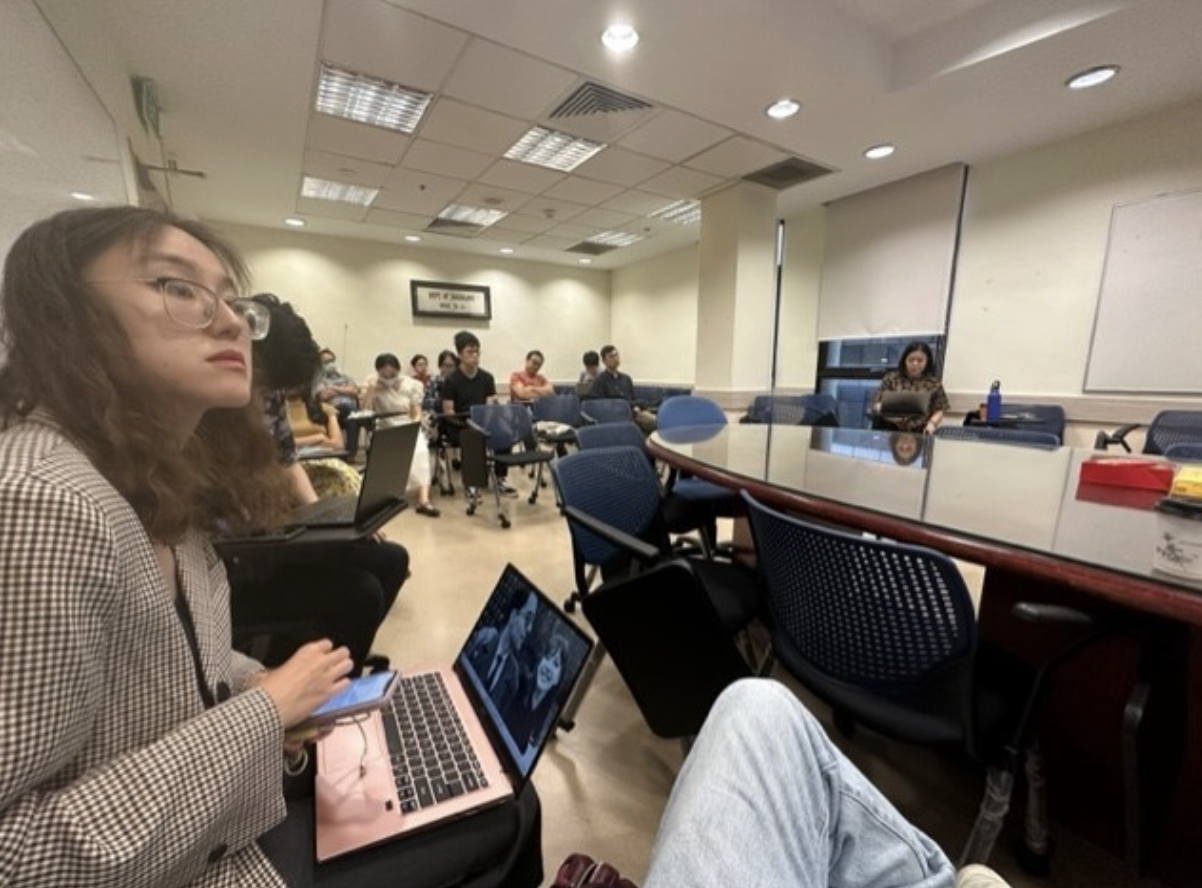
Engagements
Besides formal publications, graduate students in our department also actively participate in academic conferences, usually with the financial support from NUS on a competitive basis.
Conference attendance is important in gaining visibility and impact for graduate students’ work, and also to provide constructive comments regarding the direction of development. Our students participated in a variety of conferences, both at the international and regional levels, and covering different fields of studies.
Conferences that our graduate students attended include professional meetings of the Population Association of America, the British Sociological Association, Association for Asian Studies (AAS)-in-Asia; the International Sociological Association, the American Anthropological Association, the Australian Sociological Association Conference, the Asian Population Association International Conference, the Gender and Education Association, Association for the Sociology of Religion Annual Meeting, amongst others
Graduate Placements
Our recent Masters graduates are well placed in highly ranked Ph.D. programmes in Sociology and Anthropology that include the University of Cambridge, the University of Michigan, Northwestern University, Princeton University, the University of California, Santa Cruz, the University of California, San Diego, the University of London, the University of North Carolina, Chapel Hill, the University of Pennsylvania, and University of Southern California. Other MA graduates hold appointments in both the public and private sectors such as government agencies, consulting and research firms, or other non-profit organisations in Singapore and beyond.
Our Ph.D. graduates occupy positions in reputable academic institutions worldwide, including Australia, Bangladesh, India, Indonesia, Hong Kong, Malaysia, Netherlands, New Zealand, the Philippines, Singapore, South Korea, Thailand, the UK, and USA, amongst others. These include Purdue University, Yonsei University, Duke-NUS, Durham University, Ateneo de Manila University, the Indian Institute of Technology (IIT Delhi), Singapore University of Social Sciences, the University of Philippines Diliman, Hong Kong Baptist University, Erasmus University, the University of Southampton, the University of Suffolk, and many other schools. Our other graduates also pursue research and policy careers in prominent government ministries and international agencies, research centres and think tanks, as well as consulting companies.
Hear from our students

Norazim Bin Azami
Masters Candidate
“I think it’s been really amazing because the group of students that we have here, regardless of the Master’s and PhDs, are really diverse. You’ll be surprised that this itself is really empowering and it opens up your mind about the world. It makes you so excited about what to learn in the world.”
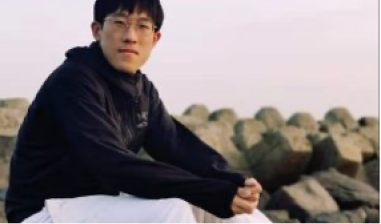
Yanwen Wang
PhD Candidate
“This department has a great reputation for its academic excellence. The genuine passion and a collective urgency to do research lead the voice of the people here, a voice that really decolonized, that liberates and that in every way cares about social issues.”
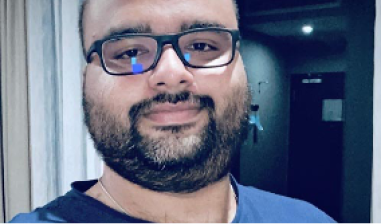
Sandeepan Tripathy
PhD Candidate
“As a graduate student, it’s a nice atmosphere here. You get to speak with a lot of faculties. Everyone’s open-minded. You can interact with a lot of people across disciplines not only in the department but also across departments.”
Alumni's Profiles
MA Students
PhD Students
Hear from our Alumni
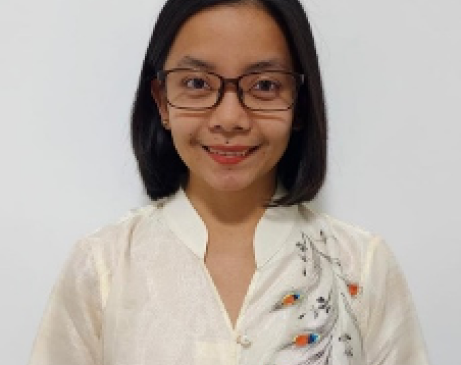
Dr. Veronica L. Gregorio
PhD Graduate, Lecturer at National University of Singapore
Hello everyone! I’m Veronica and I completed my Ph.D. in Sociology at NUS in 2021 under the guidance of Eric C. Thompson. My journey in sociology has been shaped by a deep curiosity about gender and sexuality, youth, and how agrarian communities are transforming, especially in Southeast Asia.
You might find some of my work in journals and popular platforms like Current Sociology, Philippine Sociological Review, and ISEAS Trends. Recently, I co-edited a book titled Resilience and Familism: The Dynamic Nature of Families in the Philippines, which was published in August 2023.
I’m currently a Lecturer at the NUS College of Humanities and Sciences, and I’m also part of the FASS steering committee for the Gender and Sexuality Research Cluster.


